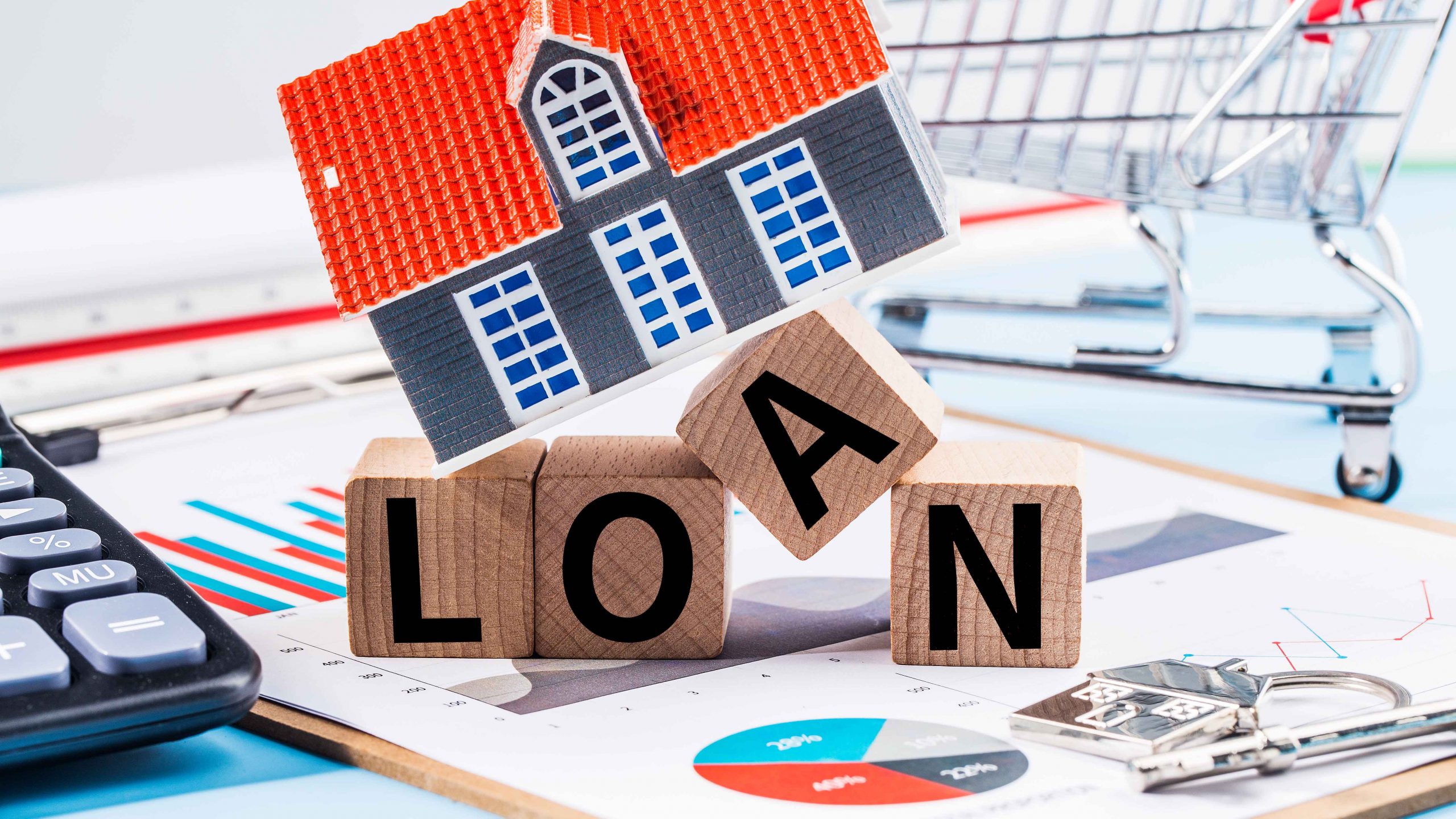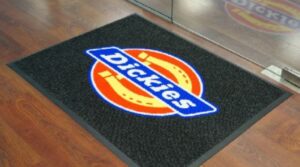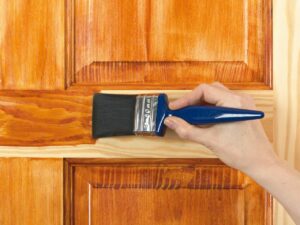
To assist you in funding your remodeling tasks, there are several kinds of home improvement loans available. These loans provide you the money you need to make your renovation dreams come true, whether you are planning a big overhaul or a minor update. Selecting the best option for your requirements and budget can be made easier if you are aware of the many types of home renovation loans.
Find below the different types of home loan options to suit your specific needs.
Personal loans
Personal loans are a great option to fund home remodeling projects. Due to their unsecured feature, you may apply for these loans without putting your house up as security. This makes them an excellent choice for minor projects or for homeowners who would rather not take a chance with their property. Since personal loans often have monthly payments and fixed interest rates, budgeting for them is simple. In contrast to secured loans, interest rates may be higher.
Home equity loans
With home equity loans, you can take out loans based on the equity you have accrued in your house. Since your house serves as security for the loan, interest rates on these loans are frequently lower than those on unsecured loans. Because home equity loans offer a lump sum of money, they are perfect for big, one-time costs like significant expansions or repairs. They often offer predictable monthly payments due to set interest rates and payback lengths.
Home equity lines of credit (HELOCs)
The equity in your house can also be accessed through a Home Equity Line of Credit (HELOC). A home equity line of credit operates similarly to a credit card. Throughout the draw time, you can borrow as much or as little as you need, up to your credit limit. HELOCs are perfect for ongoing or numerous projects because of their flexibility. Your payments on a home equity line of credit (HELOC) may change over time due to changing interest rates.
Cash-out refinance
A cash-out refinance entails taking out a new, larger mortgage in place of your current one. You receive the cash equivalent of the difference between the old loan balance and the new loan amount, which you can use for home renovations. This might be a good option if you can negotiate a reduced interest rate on the new mortgage. However, the longer repayment period and closing costs should be taken into account as they may raise the total cost of the loan.
Government loans
Homeowners can fund modifications to their homes with the assistance of several government financing schemes. A well-liked choice is the FHA 203(k) loan, which lets you use a single mortgage to pay for both the purchase of a house and the costs associated with renovating it. Veterans also have access to the VA home renovation loan, which has advantageous terms and conditions. Comparing these government-backed loans to traditional loans, they frequently feature more flexible terms and cheaper interest rates.
To sum up
You may select the loan that best suits your requirements and enables you to accomplish your home renovation objectives by carefully weighing your financial status and the size of your project.





